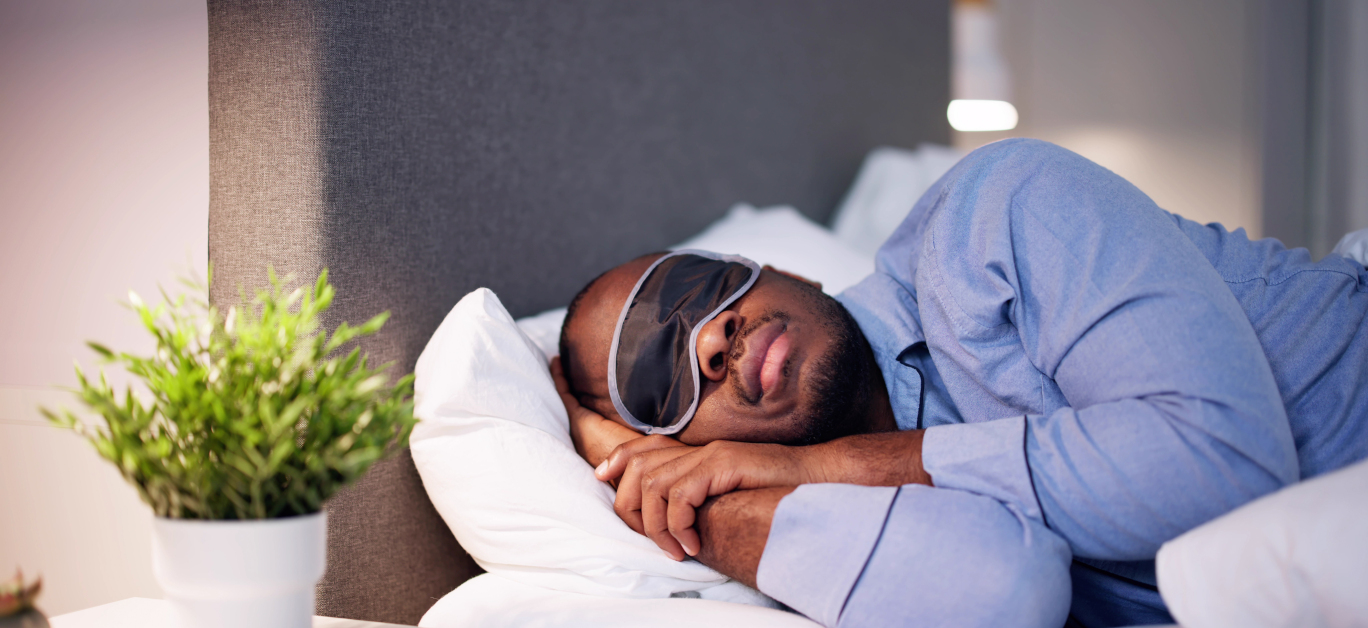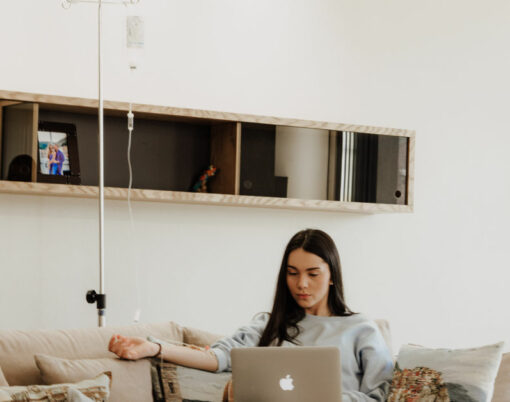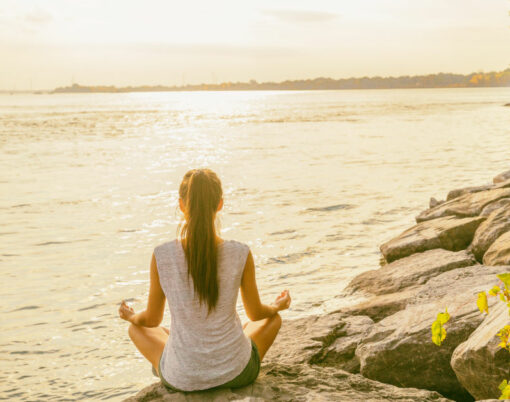According to the experts we should all be getting at least eight hours a night, but for many of us, a good night’s sleep remains as elusive as ever. In today’s fast-paced world, our busy lifestyles and staying constantly connected to the online world via our smartphones often leaves us with little time to relax and wind down, which ultimately, can make it difficult to switch off at night. And, with the added stress that comes with constant demands via instant message, social media and emails, it seems we’re in need of some quality rest now, more than ever before.
The good news though, is that it is possible to get a better night’s sleep – you just have to make it a priority. And by making a few simple changes and tweaks to your lifestyle, including dedicating time to winding down before you climb under the covers, you could soon be getting your best night’s shut-eye yet.
Here are five tips for getting a good night’s sleep tonight – and every night thereafter.
Prevent snoring and sleep apnea
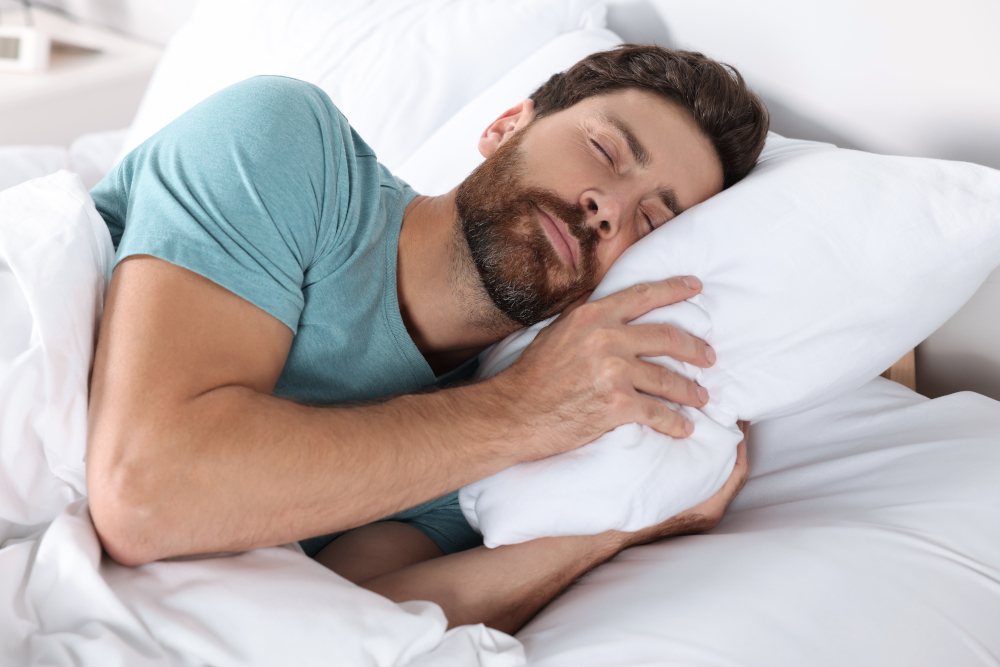
Snoring and sleep apnea can disrupt your sleep quality and impact your overall health, so if you’re aware that you suffer from these conditions then consider paying your GP a visit to see what they recommend. Your dentist, too, may be able to help with snoring and sleep apnea, so be sure to mention it to them during your next check-up. In the meantime, try sleeping on your side as opposed to your back, and ensure your head is suitably elevated with a quality pillow to ensure that your neck is supported and your airways remain open.
Create a sleep schedule – and stick to it
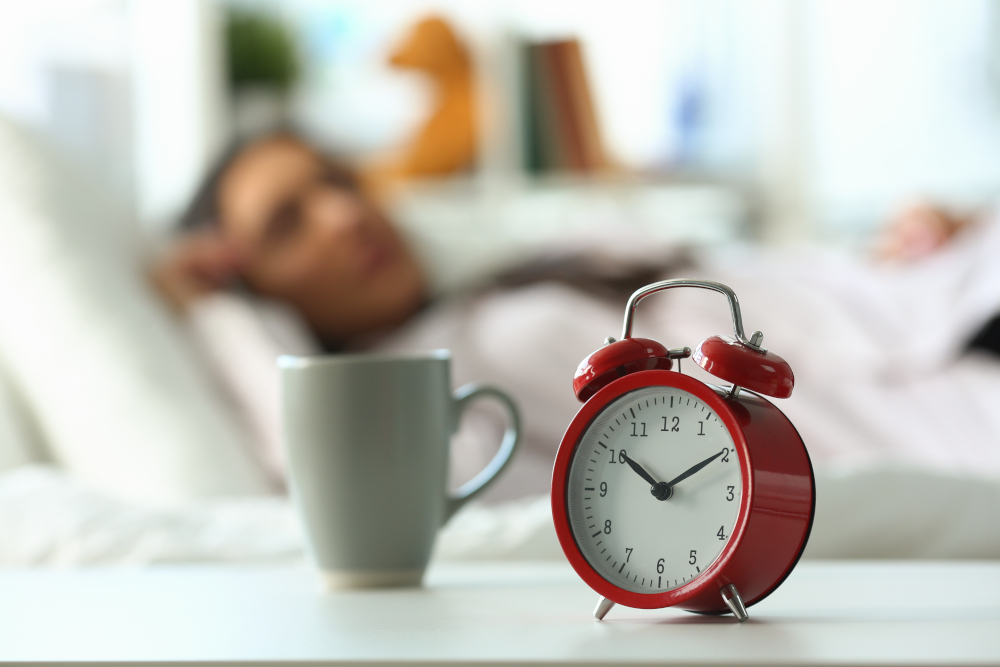
One of the most effective ways to improve your sleep is to create a daily sleep schedule, and ensure that you adhere to it. That means going to bed at the same time each day, and waking at the same time each morning – even at the weekends. Doing so will help to regulate your body’s natural circadian rhythms so that over time, it knows when to prepare for sleep, and when you need to be at your most alert. Avoid taking naps throughout the day if you can, as doing so may throw off your routine and make it harder to sleep again at night.
Cultivate a sleep-friendly environment
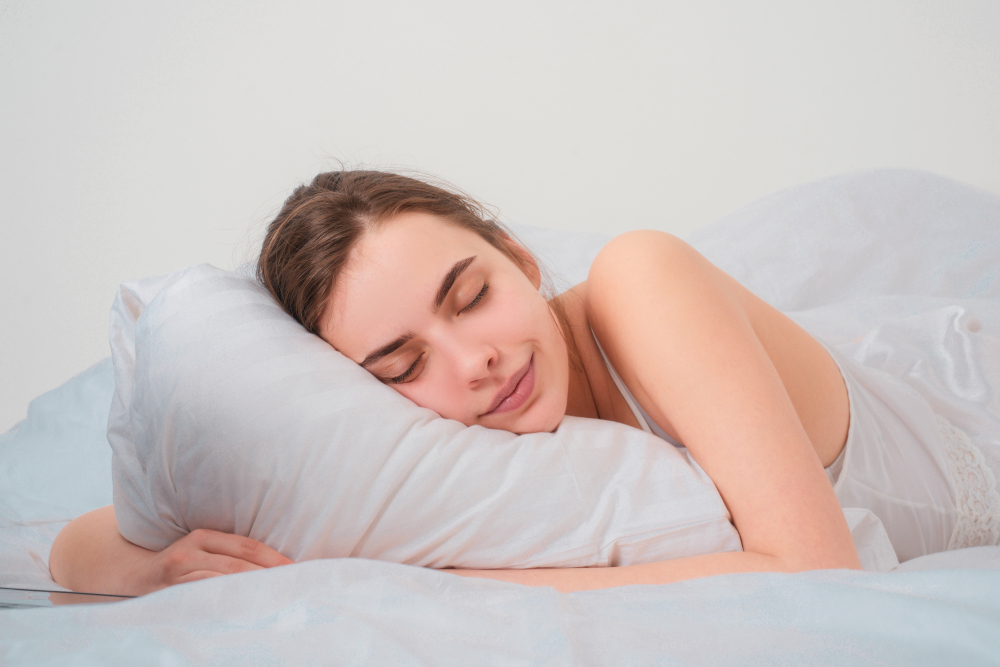
Good sleep hygiene is key when it comes to getting quality shut-eye, and it all starts with creating the right environment. Make sure that your bedroom is cool (but not cold) and dark – if you have thin curtains that let too much light in or simply struggle if there is any light in the room at all, then invest in some blackout blinds or try using a sleep mask. Keep all electronic devices out of the bedroom, and be sure to switch them all off at least an hour before you head to bed, as the blue light smartphones, tablets, laptops and even your TV emits can disrupt the body’s natural rhythms and interfere with the quality and consistency of your sleep. Make sure you have a quality mattress and pillow to support the natural curve of your spine so that you’re as comfortable as possible when it’s time to sleep, and to ensure that you don’t wake up with any aches and pains in the morning.
Make time for relaxation
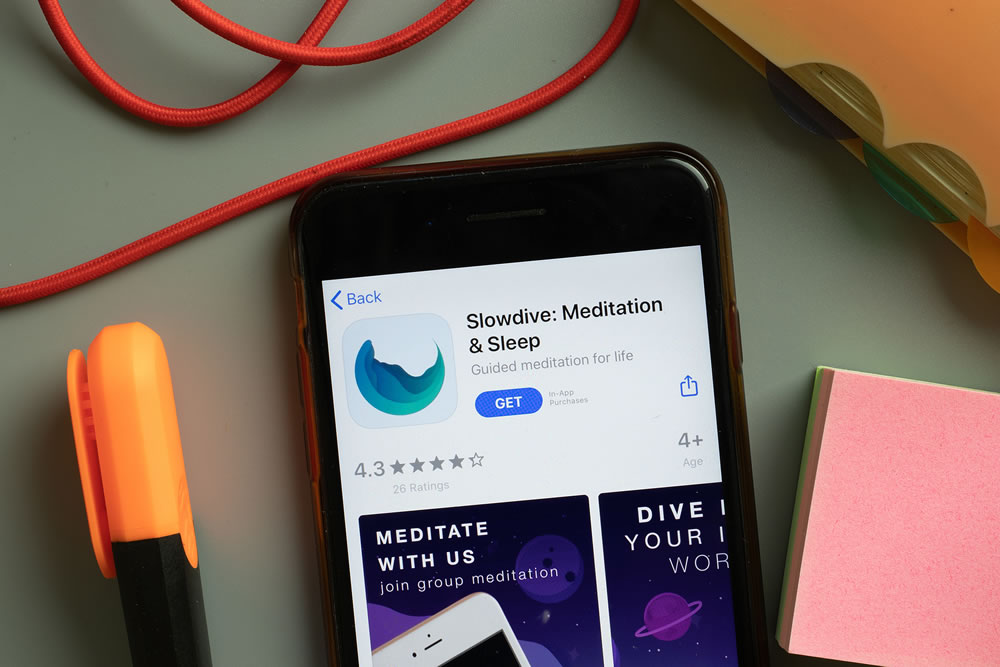
Dedicating an hour or so to winding down before bed can make it far easier to drift off to sleep when the time comes to do so. Taking a warm bath infused with essential oils or practicing 15 minutes of mindfulness are both soothing ways to signal to the body and mind that it’s time to rest. If you have trouble falling asleep once the lights are off then try downloading a sleep meditation app and listening to a sleepcast, or play some calming nature sounds such as rain or ocean waves in the background to help promote a sense of calmness and help you switch off. Reading a chapter or two of a non-fiction book, lighting a lavender scented candle or using a pillow spray are all additional measures you can try – ultimately, it’s all about finding a routine that feels good for you, so experiment and see what works for you the best.
Limit stimulants after lunch
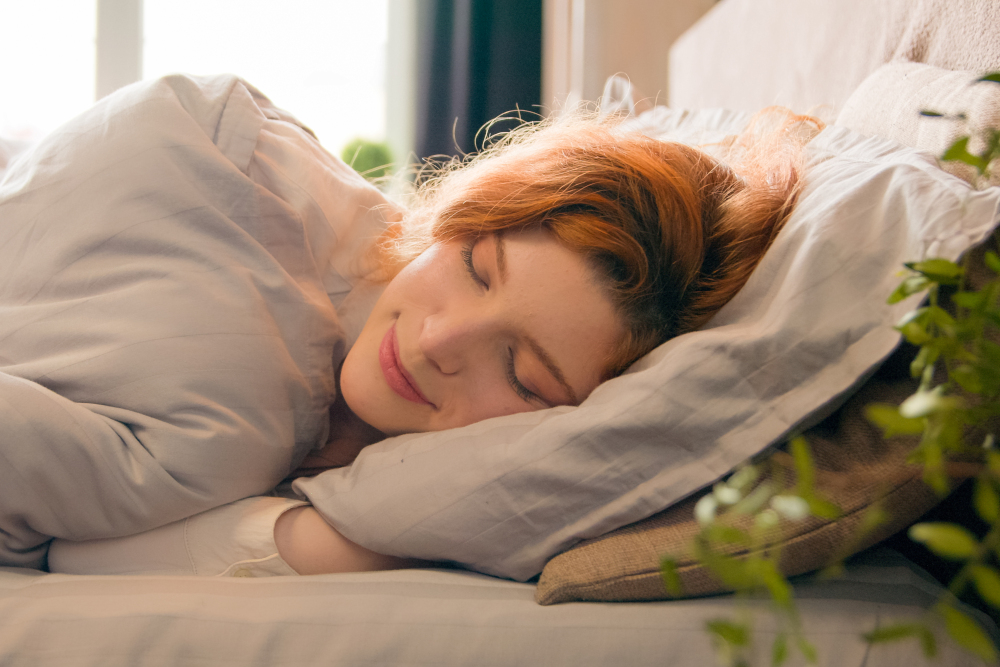
Our demanding lifestyles often see us relying on caffeine to get us through the day – but drinking too much coffee, tea or our favourite can of pop can prevent you from getting those all important hours of sleep at night. Alcohol and nicotine, too, have been shown to be disruptive to our sleep patterns, so limit these or eliminate them entirely if you can and see what a difference it makes. It’s fine to continue drinking tea and coffee daily, but try to stop drinking them after 2pm, and limit the number of cups you drink to two or three, as this will allow the caffeine to leave your system before you go to bed so that it won’t impact your ability to drift off.












